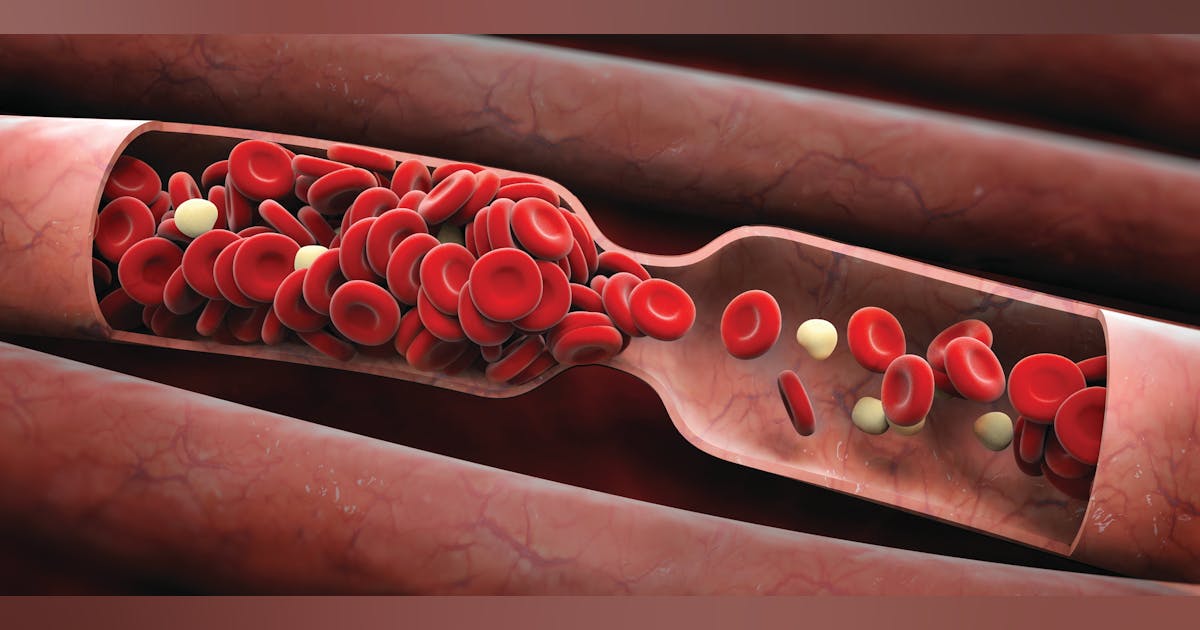Welcome to this post about the importance of hydration for heart health. The human body is made up of around 60% water, and proper hydration is essential for maintaining overall health and well-being. However, many people may not realize the critical role that hydration plays in heart health specifically.
In this post, we will discuss the top 6 reasons why staying hydrated is crucial for maintaining a healthy heart. We'll explore how hydration helps regulate blood pressure, maintain electrolyte balance, reduce the risk of blood clots, and improve heart function, all of which contribute to a healthy cardiovascular system. We'll also look at studies that demonstrate the link between hydration and a lower risk of heart disease.
Whether you're an athlete, someone who works in a hot environment, or just someone who wants to prioritize their heart health, this post will provide valuable insights into the importance of hydration for your cardiovascular system. So grab a glass of water, sit back, and join us as we explore the critical role that hydration plays in maintaining a healthy heart.
1, Helps maintain blood volume.
When you are dehydrated, your body doesn't have enough water to perform its essential functions, including maintaining a healthy blood volume. Blood is made up of water, red and white blood cells, and other components. When you are dehydrated, your blood becomes thicker, and there is a decrease in its volume. This reduction in blood volume puts a strain on the heart, as it needs to work harder to pump the same amount of blood throughout the body. Over time, this can lead to an increased risk of heart disease.
A decrease in blood volume can also lead to a decrease in the amount of oxygen and nutrients that your body's cells receive, which can affect their functioning. This can further contribute to the strain on the heart, as the heart needs to pump more blood to compensate for the decreased delivery of oxygen and nutrients to the cells.
On the other hand, when you are properly hydrated, your blood volume is maintained at a healthy level. This makes it easier for the heart to pump blood throughout the body, reducing the strain on the heart and lowering the risk of heart disease.
Therefore, it's crucial to stay hydrated by drinking enough water throughout the day to maintain a healthy blood volume, support your heart health, and ensure that your body's cells receive the oxygen and nutrients they need to function properly.
2, Regulates blood pressure.
Proper hydration plays a vital role in regulating blood pressure, which is a critical factor in maintaining heart health. High blood pressure can cause damage to the arteries and blood vessels, leading to an increased risk of heart attack, stroke, and other heart-related diseases.
When you are dehydrated, your body produces a hormone called vasopressin, which can cause blood vessels to constrict, increasing blood pressure. This can put a strain on the heart, as it needs to pump harder to circulate blood throughout the body. Over time, this can lead to damage to the heart and other organs, increasing the risk of heart disease.
On the other hand, when you are properly hydrated, your blood vessels are relaxed, and blood can flow more easily throughout the body, lowering blood pressure. This puts less strain on the heart and reduces the risk of heart disease.
Therefore, maintaining proper hydration levels by drinking enough water throughout the day can help regulate blood pressure and protect your heart health. It's recommended that adults drink at least eight glasses of water per day to maintain proper hydration levels.
3, Improves heart function.
Proper hydration is essential for maintaining good heart function. When you are dehydrated, your blood becomes thicker, and your heart has to work harder to pump blood throughout the body. This can lead to fatigue and stress on the heart, which can affect its overall function.
On the other hand, when you are properly hydrated, your blood volume is maintained at a healthy level, and your heart doesn't have to work as hard to pump blood throughout the body. This allows your heart to function more efficiently, reducing the risk of heart disease and other heart-related conditions.
Moreover, hydration is also important for maintaining the electrical impulses that control the heart's rhythm. When you are dehydrated, your body produces less electrolytes, which can cause an imbalance in the electrical signals that regulate the heart's rhythm. This can lead to arrhythmias, which are irregular heartbeats that can be life-threatening.
Therefore, maintaining proper hydration levels by drinking enough water throughout the day is crucial for improving heart function and reducing the risk of heart disease. It's recommended that adults drink at least eight glasses of water per day to maintain proper hydration levels and support their heart health.
4, Reduces the risk of blood clots.
Dehydration can increase the risk of blood clots, which can lead to serious heart-related conditions, such as heart attack and stroke.
When you are dehydrated, your blood becomes thicker, making it more prone to clotting. Blood clots are formed when blood platelets and other components clump together to block a blood vessel. When a blood clot forms in a coronary artery that supplies blood to the heart muscle, it can lead to a heart attack.
On the other hand, when you are properly hydrated, your blood is less likely to clot, reducing the risk of blood clots and related heart complications.
In addition to hydration, there are other lifestyle factors that can also help reduce the risk of blood clots and promote heart health, such as regular physical activity, maintaining a healthy diet, and managing stress levels.
Therefore, it's crucial to maintain proper hydration levels by drinking enough water throughout the day to reduce the risk of blood clots and other heart-related conditions. It's recommended that adults drink at least eight glasses of water per day to maintain proper hydration levels and promote overall heart health.
5, Helps maintain electrolyte balance.
Electrolytes play a critical role in maintaining heart health, and proper hydration is essential for maintaining electrolyte balance in the body.
Electrolytes, such as sodium, potassium, and magnesium, help regulate the electrical impulses that control the heart's rhythm. When you are dehydrated, your body produces less electrolytes, which can cause an imbalance in the electrical signals that regulate the heart's rhythm. This can lead to arrhythmias, which are irregular heartbeats that can be life-threatening.
Moreover, an imbalance in electrolyte levels can also affect the heart's ability to contract and pump blood throughout the body. This can lead to reduced heart function, increasing the risk of heart disease and other heart-related conditions.
On the other hand, when you are properly hydrated, your body maintains a healthy balance of electrolytes, allowing the heart to function properly and reducing the risk of heart disease and other heart-related conditions.
Therefore, it's crucial to maintain proper hydration levels by drinking enough water throughout the day to maintain electrolyte balance and promote heart health. It's recommended that adults drink at least eight glasses of water per day to maintain proper hydration levels and support their heart health. Additionally, consuming foods rich in electrolytes, such as fruits and vegetables, can also help maintain electrolyte balance in the body.
6, Reduces the risk of heart disease.
Proper hydration can significantly reduce the risk of heart disease, as it helps maintain a healthy cardiovascular system.
Studies have shown that dehydration can increase the risk of heart disease and other heart-related conditions, such as high blood pressure, coronary artery disease, and stroke. Dehydration can also lead to the formation of blood clots, which can block blood flow to the heart and increase the risk of heart attack.
On the other hand, staying properly hydrated can help reduce the risk of heart disease by improving blood flow, regulating blood pressure, maintaining electrolyte balance, and improving heart function. By keeping the cardiovascular system healthy, proper hydration can significantly reduce the risk of heart disease and related conditions.
In addition to staying hydrated, there are other lifestyle factors that can also help reduce the risk of heart disease, such as maintaining a healthy diet, engaging in regular physical activity, managing stress levels, and avoiding tobacco use.
Therefore, it's crucial to maintain proper hydration levels by drinking enough water throughout the day to promote heart health and reduce the risk of heart disease. It's recommended that adults drink at least eight glasses of water per day to maintain proper hydration levels and support their overall cardiovascular health.
In conclusion, proper hydration is crucial for maintaining a healthy heart. By staying hydrated, you can help regulate your blood pressure, reduce the risk of blood clots, and maintain electrolyte balance, all of which contribute to a healthy cardiovascular system.
So, make sure to drink plenty of water throughout the day and pay attention to your body's signals of thirst. By doing so, you'll be taking an important step towards a healthier heart and a healthier you.
Thank you for watching this post about the importance of hydration for heart health. If you found this content helpful, please give it a thumbs up and share it with your friends and family. Don't forget to subscribe to our channel for more informative content like this.






Comments
Post a Comment